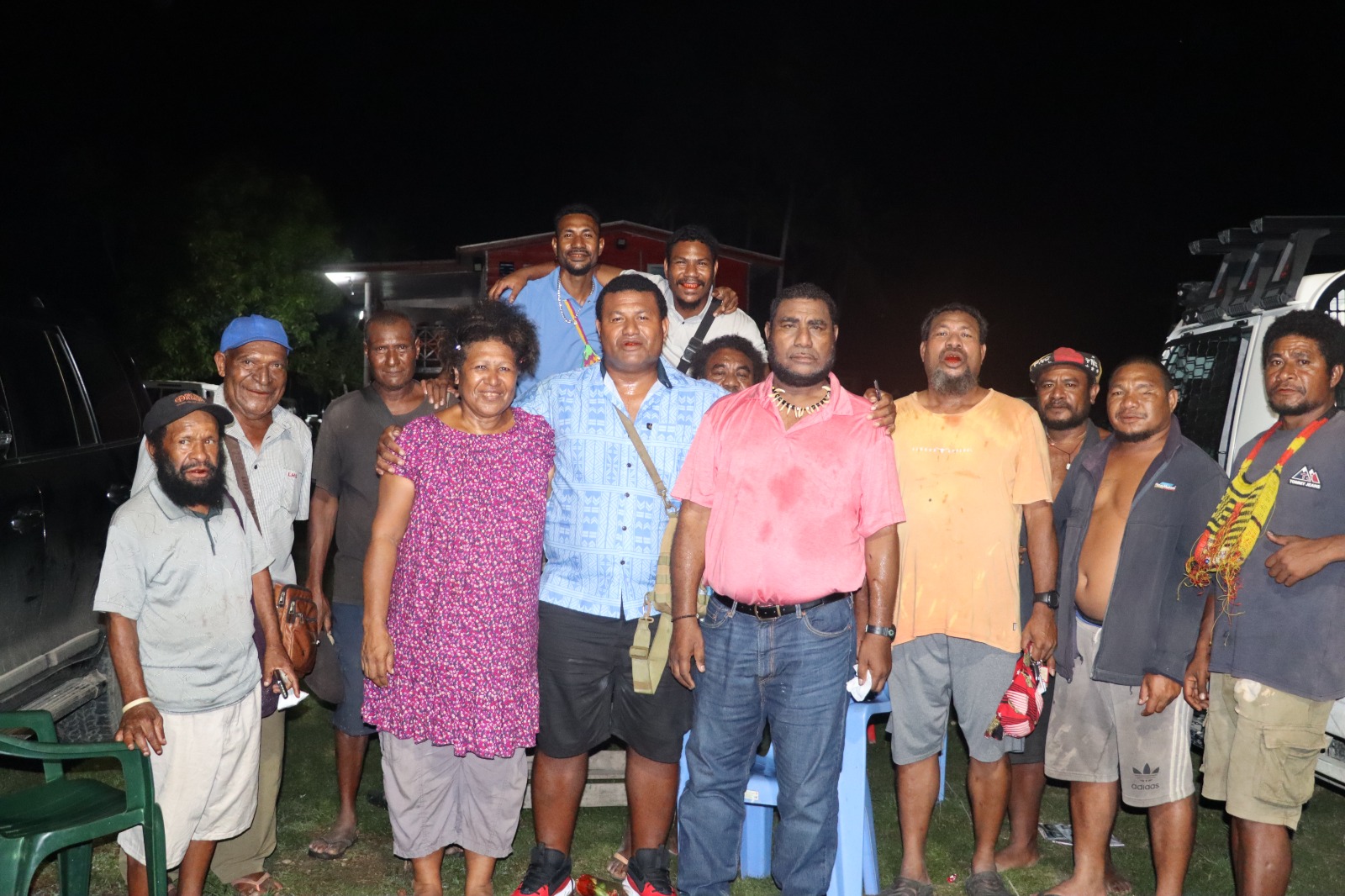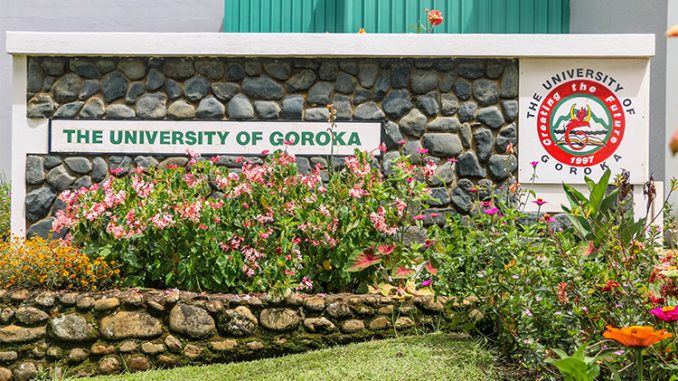Prime Minister James Marape has launched the landmark “Reset PNG@50” blueprint, calling on Papua New Guineans to reflect on the past 50 years of independence and unite in building a stronger nation for the next 20.
PM Marape acknowledged national leaders Charles Abel and Arthur Somare for leading the Reset PNG@50 Review Committee, noting their acceptance of the role was not politically motivated but driven by national duty.
“They were not looking for jobs; they were happy in their own time. We reached out to them and asked them to help us assess where our country stands after 50 years, and to look ahead from an independent perspective,” he said.
Dr Osborne Sanida and the National Research Institute were also commended for coordinating over 50 stakeholder consultations involving academia, churches, government agencies, development partners, and civil society.
PM Marape reminded the nation of humble beginnings in 1975, when the population was approximately 3 million and there were fewer than 1,000 high school students.
“Our land is vast — larger than South Korea, Israel, and even the main island of Great Britain. Yet we came together from 800 languages and countless tribes to form one nation under one Constitution.”
He labelled the founding generation the “greatest generation” and described the 1975 formation of PNG as “the greatest miracle of modern human civilization.”
PM Marape emphasized that national reform begins with personal change.
“We must reset our hearts before we can reset our systems,” he said. “Our positions are a gift from our people. We must serve with integrity.”
He highlighted a recent appointment where a candidate failed to report use of funds over five years: “Even though he was a friend, I could not support his reappointment. Accountability comes first.”
The latest census figures reveal PNG’s population has risen to 10.18 million as of 16 June 2025.
“Our population grew faster than our economy — over 3% annual population growth, while our economy grew at less than 3%,” PM Marape said. “That is not sustainable.”
He reiterated the call he made in 2019: “Our number one focus must be economic growth — to generate the revenue needed for services like education, health, and infrastructure.”
The Five Reset Priorities
The Reset PNG@50 blueprint identifies five key priorities:
Uphold the Constitution
· Restore integrity in governance
· Strengthen parliamentary systems
· Limit terms and introduce accountability reforms
Advance Human Development
· Universal access to education, healthcare, electricity, and communications
· Support for maternal health and rural connectivity
Evidence-Based Governance
· Stronger oversight committees
· National identity system
· Improved data collection and financial accountability
Smart and Sustainable Growth
· Private sector–led economy
· Reform SOEs
· Unlock customary land for housing and agriculture
· Support SMEs and job creation
Delivery and Accountability
· Overhaul bureaucracy
· Link spending to outcomes
· Strengthen monitoring and project implementation
PM Marape challenged all citizens to reflect on the future they are helping to shape.
“In 20 years, most of my generation will be gone. What will we leave behind?” he asked.
“You don’t need to be Prime Minister to contribute. Wherever you are — in your job, in your home — do your part.”
He urged young people to get involved: “This reform is about your future. Don’t wait. Start building the country you want to live in.”
Calling the next 20 years “our most important window,” PM Marape drew on both biblical and demographic reasoning.
“Psalm 90 says 70 years is a full life. If we are lucky, we may reach 80. This generation — those born in the 60s and 70s — must now lead.”
He noted South Korea and Israel as examples of small nations that progressed rapidly through discipline and reform.
“South Korea overtook us in 1975. Today, their per capita income is US$33,000. Ours is just past US$4,000.”
A PM Marape said the Reset PNG@50 is not just a document. “This is not the Ten Commandments — it can be improved. But it is our national mirror and our roadmap.”
He called for citizens to uphold the law and vote wisely in 2027: “Don’t take money. Vote with your conscience. That is how you build the nation.”
He concluded by calling for all public servants to review their performance:
“Simple things — like financial reporting — matter. If you can’t manage the basics, you can’t be entrusted with more.”





